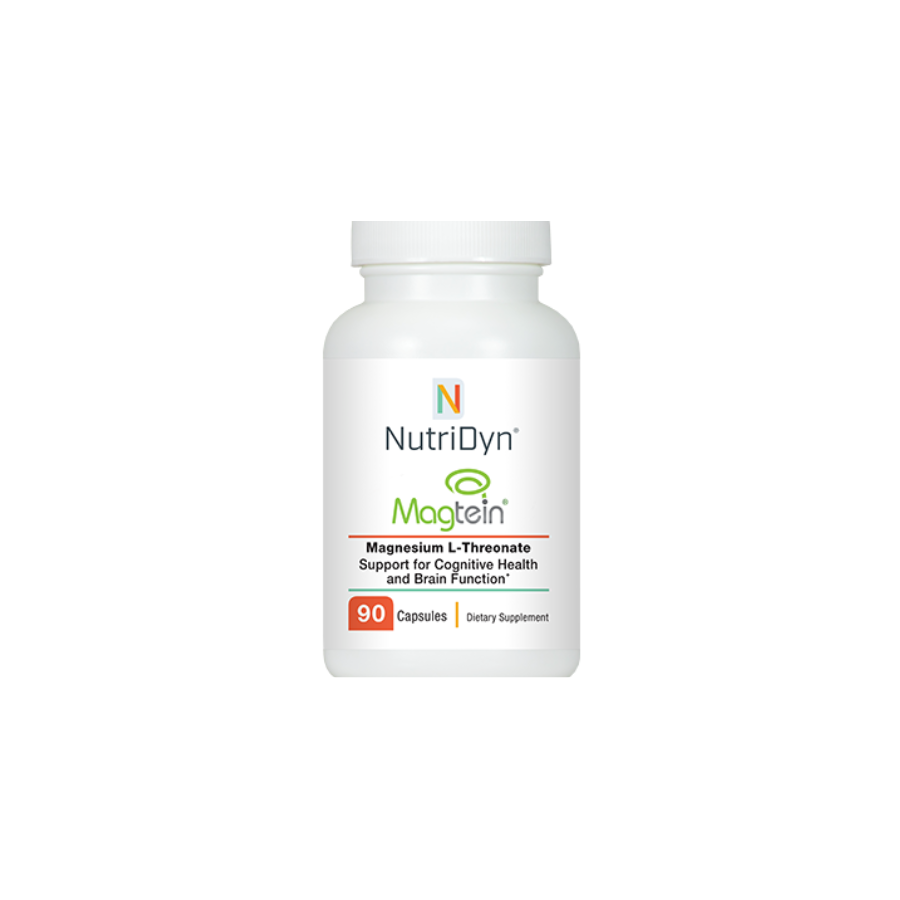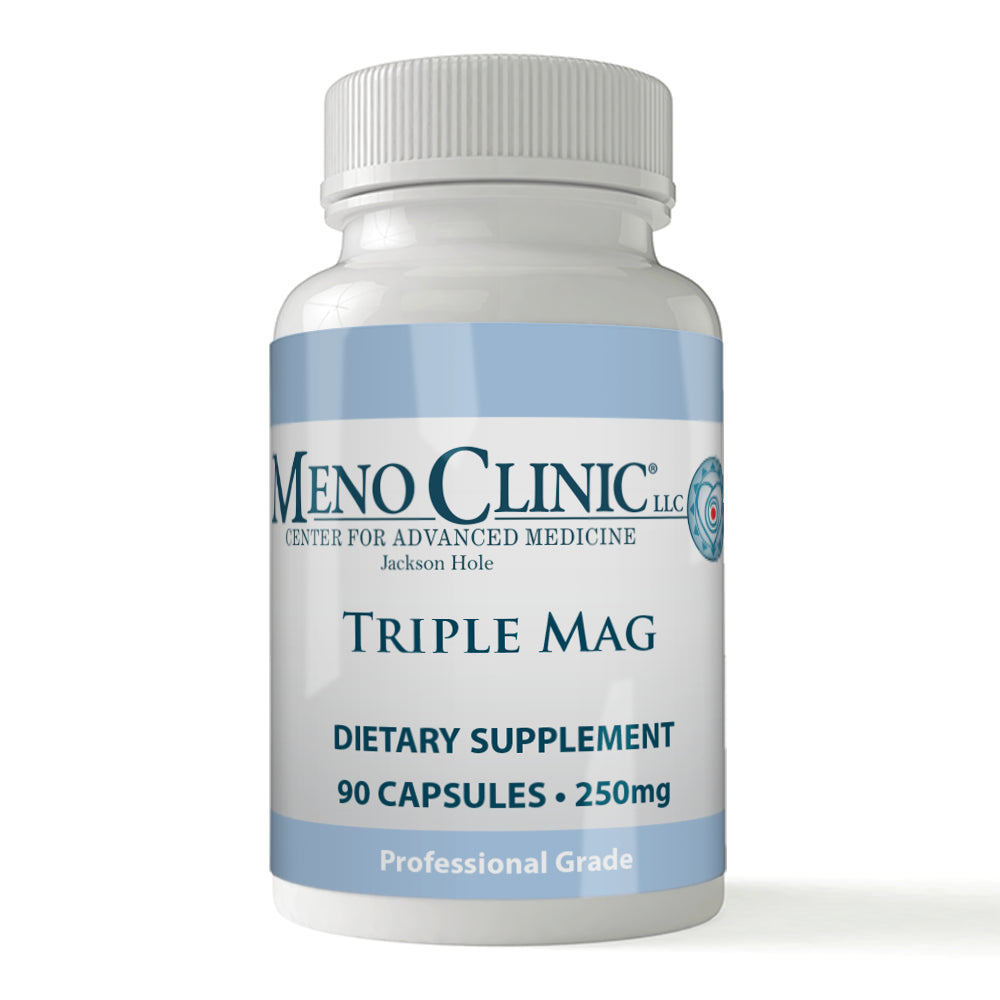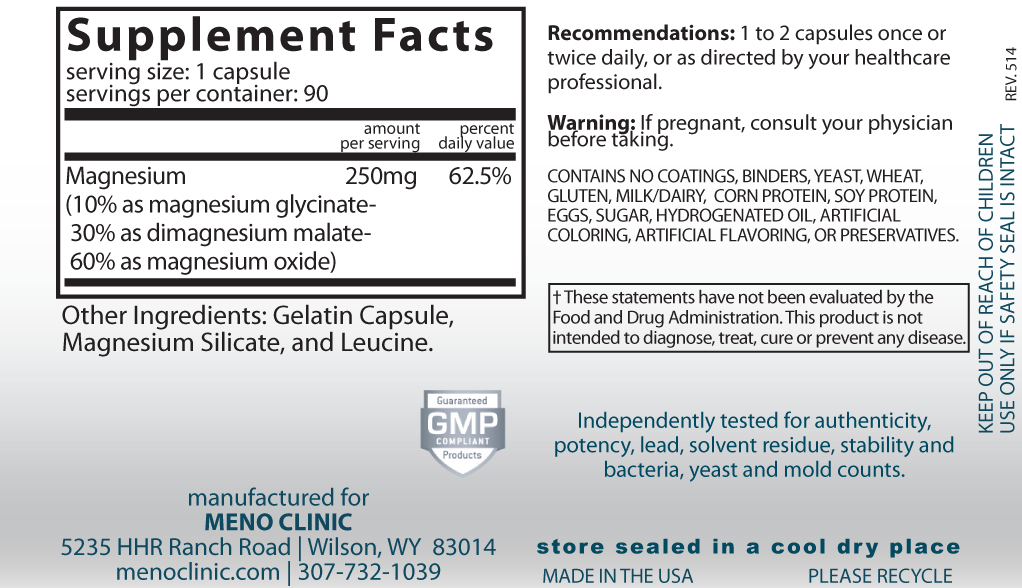Collection:
Magnesium
The best form of magnesium for the average person depends on individual needs and health conditions. According to scientific studies, the absorbability of different forms of magnesium varies, with some forms being better absorbed by the body than others. For example, magnesium citrate, gluconate, lactate, aspartate, orotate, taurate, and glycinate are generally considered to be well-absorbed by the body and are often used to treat magnesium deficiency. Magnesium oxide, on the other hand, is not as well absorbed, but it is still a commonly used form due to its high concentration of elemental magnesium. Magnesium sulfate, also known as Epsom salt, is commonly used as a soak for sore muscles and aching joints, while magnesium chloride is often used topically for skin health.
There are a variety of individual needs and health conditions that can impact a person's need for magnesium. Here are some of the most common:
-
Magnesium Deficiency: One of the most common reasons people take magnesium supplements is to treat a magnesium deficiency. This can occur due to a diet lacking in magnesium-rich foods, alcoholism, certain medical conditions such as Crohn's disease or celiac disease, and certain medications such as proton pump inhibitors.
-
Cardiovascular Health: Magnesium is important for maintaining healthy heart function, as it helps regulate heart rhythm, blood pressure, and blood sugar levels.
-
Bone Health: Magnesium plays a role in bone health and development, and a magnesium deficiency has been linked to an increased risk of osteoporosis.
-
Nervous System Function: Magnesium is important for maintaining healthy nerve function, and a deficiency can lead to symptoms such as anxiety, depression, and fatigue.
-
Muscle Health: Magnesium is involved in muscle function and can help alleviate muscle cramps, spasms, and weakness.
-
Sleep: Magnesium is important for healthy sleep and can help improve sleep quality and reduce symptoms of insomnia.
-
Migraines: Some research suggests that magnesium supplementation may help reduce the frequency and severity of migraines.
-
Prenatal Health: Magnesium is important for pregnant women, as it helps support healthy fetal development and reduces the risk of pre-eclampsia and other complications.
-
Constipation: Magnesium citrate is often used to treat constipation.
-
Skin Health: Magnesium-rich topicals, such as magnesium chloride, can help improve skin health and reduce symptoms of conditions such as eczema and psoriasis.
Magnesium plays a crucial role in many bodily functions, including maintaining a healthy heartbeat, supporting strong bones, and activating energy-related enzymes. It is important to note that magnesium supplementation is not appropriate for everyone, and individuals with certain health conditions, such as kidney disease, should consult with a healthcare provider before starting a magnesium supplement. Additionally, taking high doses of magnesium can lead to adverse effects, so it is important to follow the recommended dosages on the supplement label.
These are the different forms of magnesium
-
Magnesium oxide: This form has a high concentration of elemental magnesium but has a low absorption rate, making it less effective for increasing magnesium levels.
-
Magnesium citrate: This form is well absorbed by the body, making it a popular choice for those seeking to treat constipation and increase magnesium levels.
-
Magnesium gluconate: Like magnesium citrate, magnesium gluconate is well absorbed by the body and is often used as a supplement for those with magnesium deficiencies.
-
Magnesium sulfate: Also known as Epsom salt, this form is primarily used for its muscle and joint soothing effects. Its absorption rate is lower than that of magnesium citrate and gluconate, making it less effective for increasing magnesium levels.
-
Magnesium chloride: This form is applied topically for skin health and has a low oral absorption rate compared to other forms of magnesium.
-
Magnesium lactate: This form is well absorbed by the body, making it effective for those with magnesium deficiencies.
-
Magnesium aspartate: Like magnesium lactate, magnesium aspartate is well absorbed by the body and is often used as a supplement for those with magnesium deficiencies.
-
Magnesium orotate: This form is also well absorbed by the body and is frequently used as a supplement for those with magnesium deficiencies.
-
Magnesium taurate: This form is known for its good absorption rate, making it a popular choice for those with magnesium deficiencies.
-
Magnesium glycinate: This form is also well absorbed by the body and is often used as a supplement for those with magnesium deficiencies.

 Vendor:Deep Sleep Bath Salts - with Magnesium, Hyaluronic, and PeptidesSaint Jane
Vendor:Deep Sleep Bath Salts - with Magnesium, Hyaluronic, and PeptidesSaint Jane







